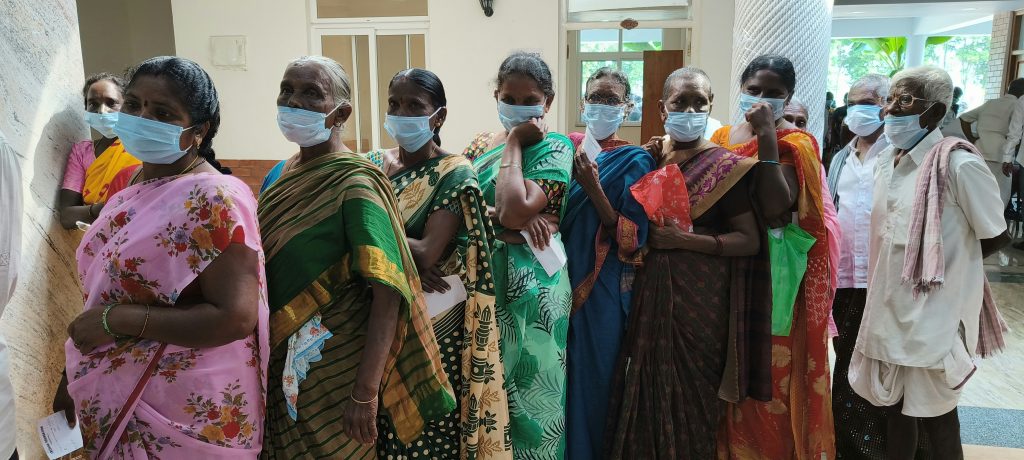Conflict and disease put a strain on South Sudan’s fragile healthcare system
3 min read
: Conflict and disease expose deadly gaps in South Sudan’s overwhelmed health system.
Escalating violence, cholera outbreaks, and maternal health challenges expose the severe weaknesses in South Sudan’s fragile health system.
South Sudan’s already fragile healthcare system is on the verge of collapse, as intensifying violence, widespread disease, and ongoing humanitarian crises converge to overwhelm medical services across the country. Health organizations and aid workers warn that the situation is deteriorating rapidly, with urgent action needed to prevent further loss of life.
According to the World Health Organization (WHO), South Sudan’s healthcare system is among the weakest globally. Now, ongoing conflict in Upper Nile State is displacing tens of thousands of people, pushing vulnerable communities even farther from essential medical services. Humanitarian agencies say that civilians in rural and conflict-affected areas are particularly at risk, as the few functional clinics struggle to cope with surging demand and limited resources.
Among the most pressing threats is a cholera outbreak that has gripped the country since September 2024. Between then and April 2025, nearly 50,000 cholera cases have been reported, with 919 confirmed deaths, according to data released by health authorities. The outbreak has been made worse by poor sanitation, population displacement, and limited access to clean water—challenges that are all too common in South Sudan.
“South Sudan is experiencing a lot of challenges—disease outbreaks, flooding, displacement, and now violent clashes in Upper Nile,” said Zakariya Mwatia, Head of Mission for Médecins Sans Frontières (Doctors Without Borders) in South Sudan. “All of these are driving up the need for medical services, but the capacity simply isn’t there.”
The burden is particularly heavy for women and children. Maternal and child mortality rates remain among the highest in the world, with preventable complications continuing to claim lives. Health officials are especially alarmed by a surge in obstetric fistulas, a serious childbirth injury caused by prolonged or obstructed labor.
Dr. Anthony Lupai, Director General of Juba Teaching Hospital, emphasized that this complication reflects systemic failures. “When you have cholera, it’s pointing out that there are things that are not going well. When you have fistulas, it’s pointing out that there are things that are not going well,” he said. “You may have health centres and health workers, but when people are not stable enough to reach those centres, then they may end up developing fistulas.”
According to the United Nations Population Fund (UNFPA), South Sudan has an estimated backlog of 60,000 obstetric fistula cases requiring surgical treatment. The consequences are tragic not only for the mothers but also for their babies—90% of babies born in such cases do not survive, the UN reports.
The scale of the problem is compounded by the state of the country’s healthcare infrastructure. A 2023 assessment by Doctors Without Borders found that two-thirds of all healthcare facilities in South Sudan were nonfunctional. Clinics lack medical supplies, trained staff, and even basic utilities like electricity and clean water. Where services do exist, they are often out of reach for people fleeing violence or living in isolated regions.
In response to the deepening crisis, the United Nations Emergency Relief Fund announced an urgent $10 million aid package on Thursday to support vulnerable communities impacted by the overlapping emergencies. The funds will be used to bolster primary healthcare, provide clean water, and support maternal health services in affected areas.
Yet for many in South Sudan, the help may come too late. Aid workers on the ground are warning of a looming collapse unless international support scales up significantly—and quickly. With conflict and climate-related disasters continuing to displace people and block access to care, experts fear the country’s healthcare system may not withstand the pressure for much longer.
“If this trend continues, we’ll see even more lives lost—not just from war or disaster, but from treatable diseases and childbirth complications,” said Mwatia. “It’s a preventable tragedy.”





